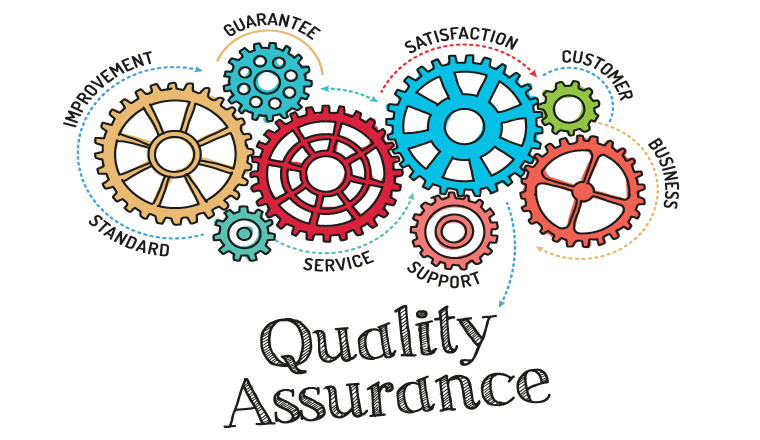A great QA process helps the business run smoothly
Early Involvement in the Development Process:
In a startup, flexibility and speed are essential. QA engineers are involved in the development process right from the beginning. By collaborating with developers and product managers early on, they can understand the requirements, design, and expected functionalities. This early involvement allows QA engineers to identify potential issues before they escalate, contributing to a more streamlined development process.
Test Planning and Strategy:
QA engineers are responsible for devising comprehensive test plans and strategies. In a startup, resources are often limited, and timelines are tight. QA engineers must carefully prioritize testing efforts based on critical functionalities and potential risks. They play a crucial role in deciding what to test, how to test it, and when to test it to maximize the efficiency of the testing process.
Automation for Efficiency:
Given the fast-developed nature of startups, manual testing alone may not be sufficient. QA engineers leverage automation tools to create test scripts that can efficiently and quickly validate software functionalities. Automation not only accelerates the testing process but also allows for frequent regression testing, ensuring that new features do not accidentally break existing features.
User Experience and Usability Testing:
Startups often focus on creating user-centric products. QA engineers, in addition to functional testing, conduct usability and user experience testing. They ensure that the product not only works as intended but also provides a seamless and enjoyable experience for end-users. This involves identifying and addressing any user interface issues, accessibility concerns, or performance bottlenecks.
Adaptability and Learning:
Startups quickly develop, and technologies may change fast. QA engineers in startups need to be adaptable and strive to learn. Staying updated on the latest testing methodologies, tools, and industry best practices is crucial for success in this role. The ability to quickly understand new concepts and technologies allows QA engineers to contribute effectively to the ever-changing startup landscape.
Collaboration and Communication:
Effective communication is key in a startup where cross-functional collaboration is essential. QA engineers collaborate with developers, product managers, and other stakeholders to provide a common understanding of quality expectations. Clear communication of testing results, potential risks, and suggested improvements is vital for maintaining a cohesive development process.
In conclusion, the QA engineer role in a startup is multifaceted and critical to the success of innovative products. By being involved early in the development process, devising effective testing strategies, leveraging automation, focusing on user experience, embracing continuous integration, staying adaptable, and fostering collaboration, QA engineers contribute significantly to the quality and reliability of products in the fast-paced world of startups. Their role goes beyond finding bugs; it’s about ensuring that the startup’s products deliver value and excellence to their users.

